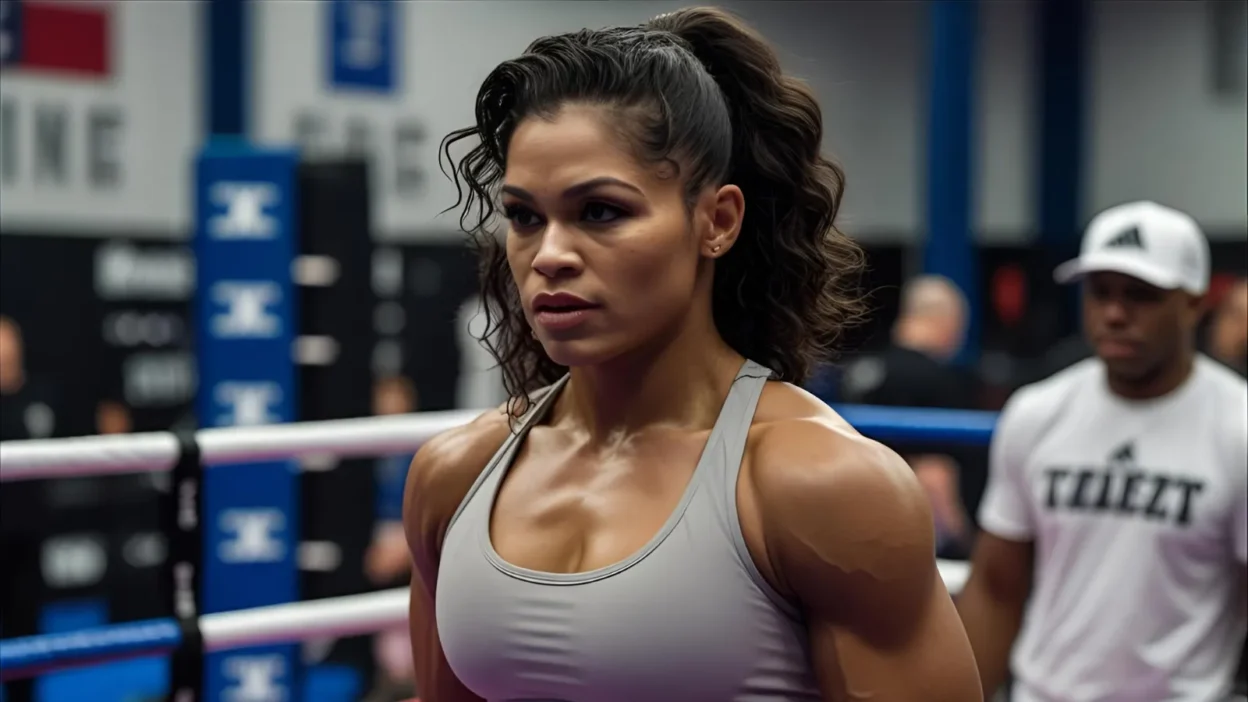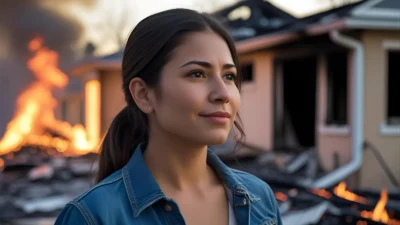If you’ve heard the question, “What did the trainer most likely say to Areya?”, you might be thinking back to a moment of coaching, guidance, or even encouragement. This phrase often pops up in classroom reading passages, comprehension tests, or motivational stories. But it makes us wonder—what really happened in that moment? What words did the trainer choose? And what impact did they have on Areya?
Whether this question comes from a test or a real-life situation, it’s meant to help us think about context, tone, and intent. In this article, we’ll explore what the trainer most likely said, how we can understand the message, and how to respond with empathy. If you’re here trying to understand this line better, you’re in the right place.
Let’s break it down together and uncover what the trainer most likely said to Areya—and why it matters. 🗣️💡
Sorry Generator
Understanding the Situation: Who Is Areya and What Happened?
To answer what did the trainer most likely said to Areya, we need to imagine the scene. Areya might be a young athlete, dancer, or student in training. Maybe she’s nervous. Maybe she made a mistake. Or maybe she did something amazing and didn’t even know it.
Trainers are there to support, teach, and guide—not tear someone down. So whatever was said likely came from a place of encouragement or instruction.
What to Say:
- “Areya, you’re doing great—just keep your focus!”
- “You’ve improved so much. Let’s work on one small fix.”
- “Mistakes happen. Let’s try again together.”
- “You’ve got this—believe in yourself!”
What Not to Say:
- “You’re not good at this.”
- “Why can’t you do anything right?”
- “That was a disaster.”
- “You clearly didn’t practice enough.”
The Power of Encouragement in Training
When we ask, “What did the trainer most likely say to Areya?”, we’re often looking for a positive, growth-focused message. Trainers know that how they speak shapes how someone feels—and performs.
Imagine Areya struggling with a new skill. A strong trainer would notice and offer encouraging advice, not criticism. That way, she stays motivated and learns faster.
What to Say:
- “Let’s try it step by step together.”
- “It’s okay to not get it on the first try.”
- “Keep your head up—mistakes are part of learning.”
- “You’re closer than you think!”
What Not to Say:
- “You’re just not cut out for this.”
- “That was embarrassing.”
- “You’ll never get it right.”
- “Why bother trying again?”
What Clues Help Us Guess the Trainer’s Words?
When reading a story or passage with this question, look for clues in Areya’s body language, actions, or emotions. Was she scared? Smiling? Struggling? These small details can help us figure out what tone the trainer used.
If Areya looked nervous, the trainer probably said something calming. If she looked proud, the trainer may have praised her.
What to Say:
- “You looked unsure—just breathe and go for it.”
- “That was amazing! Be proud of yourself.”
- “Almost there. Let’s fine-tune it.”
- “Don’t give up—keep moving forward.”
What Not to Say:
- “You clearly didn’t listen.”
- “That wasn’t good enough.”
- “You always mess up under pressure.”
- “Maybe this isn’t for you.”
How Trainers Shape Confidence
A good trainer builds more than skill—they build confidence. If Areya was learning something tough, the trainer probably reminded her of her potential.
Confidence comes from repetition, support, and belief. What the trainer says (or doesn’t say) can have a lasting effect on how Areya sees herself.
What to Say:
- “I believe in you, even when it’s hard.”
- “This is how champions are made—by not giving up.”
- “Remember how far you’ve come.”
- “You’re stronger than you think.”
What Not to Say:
- “That was pathetic.”
- “You’re wasting everyone’s time.”
- “I don’t think you’re trying hard enough.”
- “You just don’t have it.”
Real-Life Examples of Trainer Talk
Let’s imagine a few real-life scenarios where a trainer had to say something meaningful to someone like Areya:
- A young gymnast fell during a routine. The trainer said, “You fell, but you got back up. That’s what matters most.”
- A student was scared before a performance. The trainer said, “It’s okay to be nervous. You’re ready.”
- An athlete made the same mistake three times. The trainer said, “Let’s break it down together and figure it out.”
In each case, the trainer used gentle, motivating words to guide, not shame.
Final Thoughts
So, what did the trainer most likely say to Areya? Most likely, they said something that was encouraging, helpful, and kind. Trainers want to see their students grow, not give up. Whether Areya was nervous, proud, or unsure, the trainer likely chose words that made her feel supported.
The next time you hear this question—on a test or in real life—remember: words matter, especially when they come from someone we look up to.




